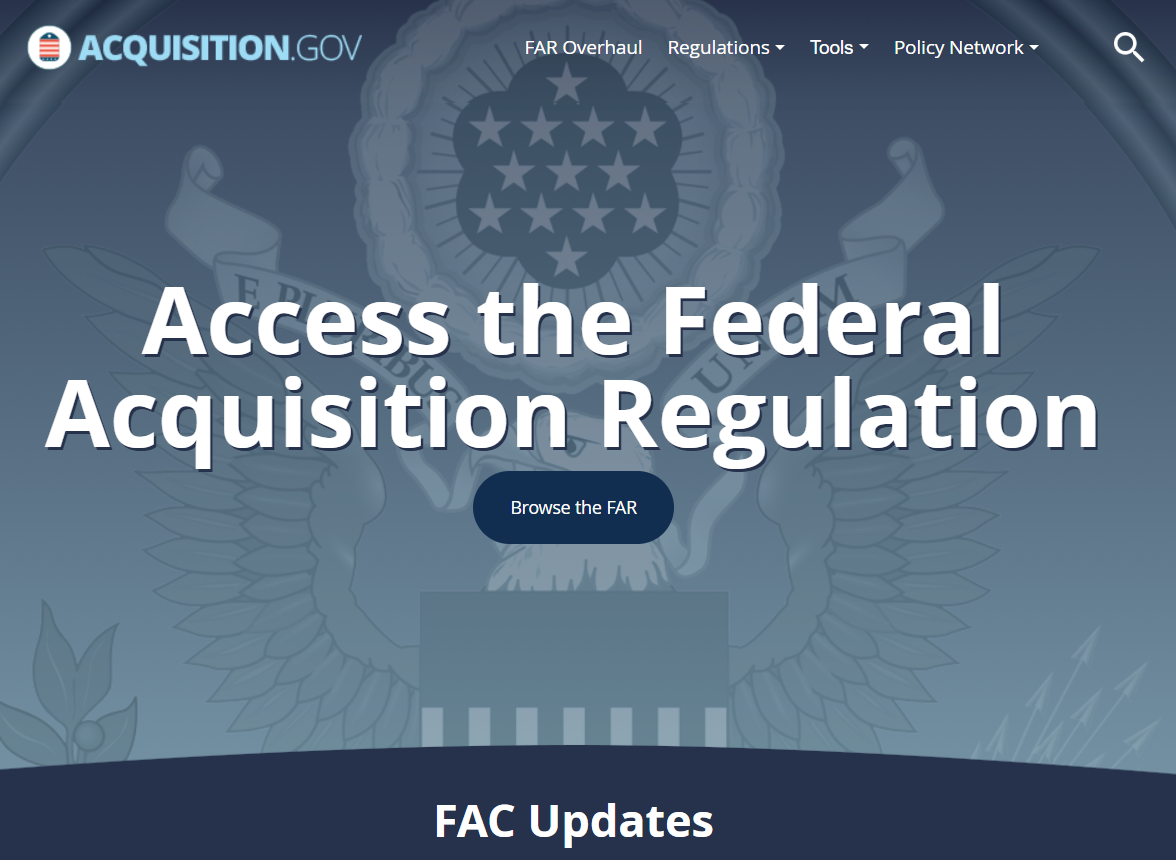The landscape of federal procurement is undergoing a seismic shift. Under the banner of modernization and efficiency, the current Administration has introduced sweeping changes to procurement policy that fundamentally alter how agencies engage with the Federal Acquisition Regulation (FAR). At the heart of this transformation lies a significant expansion in the use of class deviations—agency-level authorizations to bypass established FAR provisions across a broad set of procurements.
Traditionally, FAR 1.404 placed meaningful checks on an agency’s ability to issue such deviations. These included requirements for formal approvals, proper documentation, and public disclosure. However, effective June 11, 2025, the revised FAR 1.404 eliminates many of these safeguards. Agencies are now empowered to issue class deviations following a mere consultation with the Chairperson of the Civilian Agency Acquisition Council. In urgent circumstances, even that minimal consultation can be skipped altogether.
This quiet but impactful rewrite of regulatory oversight replaces a standardized and transparent deviation process with a more discretionary approach. Unsurprisingly, agencies have begun exercising their newfound authority. A publicly accessible tracker hosted on Acquisition.gov details numerous class deviations now being issued in correlation with the parts of the FAR they replace or modify.
This government-sponsored site identifies agency class deviations correlated to the provisions of the FAR from which they have deviated. To date, deviations have been documented in key procurement areas, including:
● Part 1 – Federal Acquisition Regulations System
● Part 10 – Market Research
● Part 11 – Describing Agency Needs
● Part 18 – Emergency Acquisitions
● Part 34 – Major System Acquisition
● Part 39 – Acquisition of Information and Communication Technology
● Part 43 – Contract Modifications
● Part 52 – Solicitation Provisions and Contract Clauses
This growing deviation database is a clear signal: the use of class deviations is no longer an exception—it is rapidly becoming an accepted and perhaps preferred practice.
While advocates may argue these changes enhance flexibility and reduce bureaucratic delay, others raise concerns about diminished accountability and the erosion of Congress’s original intent to ensure fairness, transparency, and competition in federal contracting. With more FAR changes on the horizon, the use and impact of deviations merit close scrutiny by stakeholders across the procurement landscape.


